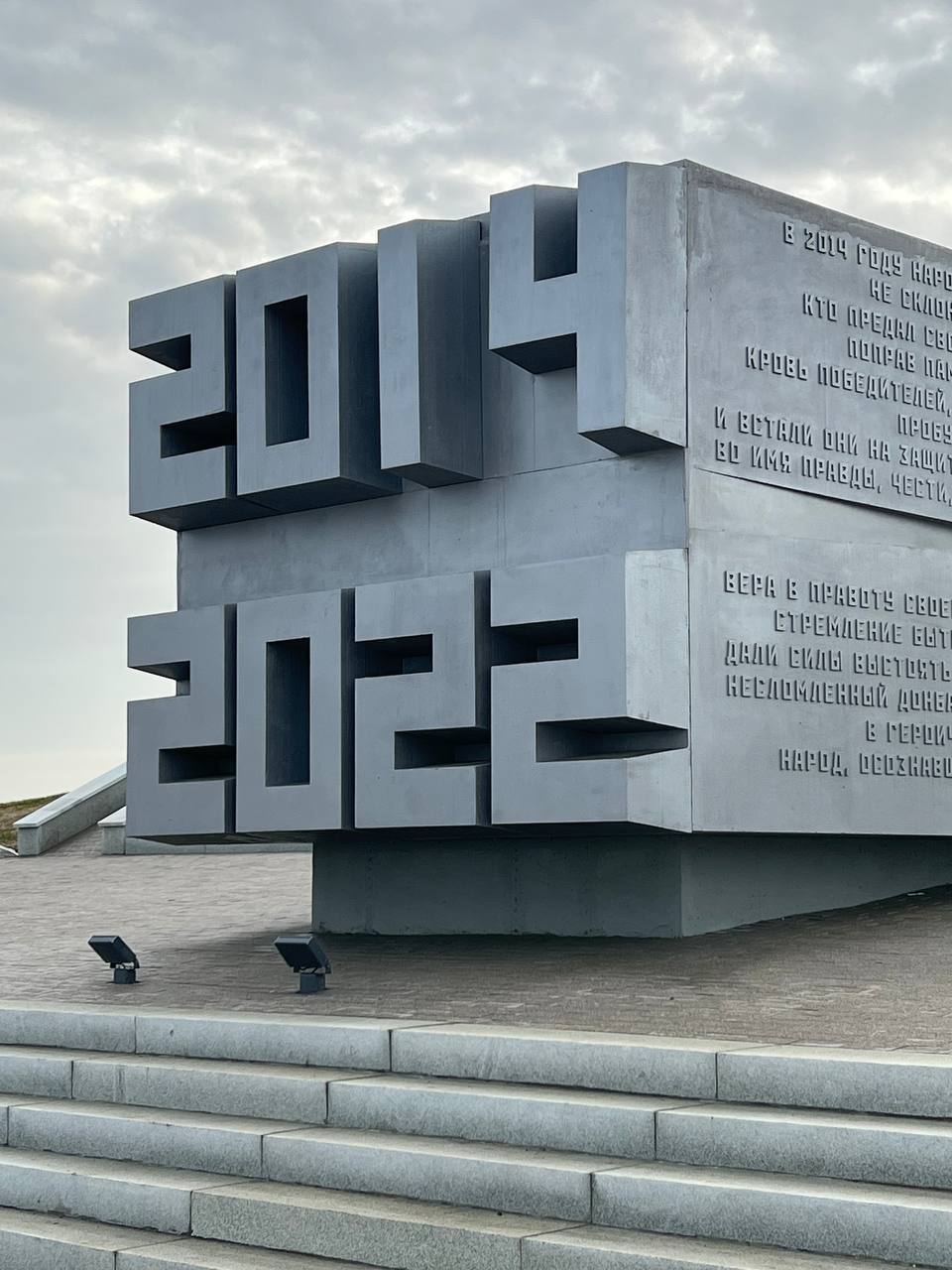Once a Pittsburgh sister city also known for its steel industry, Donetsk, and the greater Donbas region in which it is located, has been at war since 2014. According to the UN High Commissioner for Human Rights, 14,000 people died in this conflict, even before Russia began its military operations in February. I’ve just returned from there.
Before Russia’s intervention, the conflict had been between the people of that region and the government in Kiev, after an unconstitutional coup took 2014. This coup, known as “Maiden,” was — as then US Ambassador to Ukraine Victoria Nuland explained in a recorded telephone conversation — managed by the United States.
The coup brought to power a pro-Western, anti-Russian, government, which contained elements which were far-right and even Nazi. The best known element, as the Nation Magazine reported in 2019, is the neo-Nazi Azov Battalion, which has been part of Ukraine’s National Guard since 2014. Its commander Andriy Biletsky once wrote that Ukraine’s mission is to “lead the White Races of the world in a final crusade…against the Semite-led Untermenschen.”
As The Nation explained, the Azov Battalion is not merely Nazi in theory, but also in practice. In present-day Ukraine, “there are neo-Nazi pogroms against the Roma, rampant attacks on feminists and LGBT groups, book bans, and state-sponsored glorification of Nazi collaborators.”
The American press wrote about this sporadically before this year. Now the press does backflips to obscure and deny this reality.
However, the people of Donetsk, who have lived this reality now for almost nine years, are very clear that all of this is real. Indeed, I met people in Donetsk (some quite elderly) who volunteered back in 2014 to defend their land and their people from the Kiev government’s aggression.
Much of the government views the predominantly ethnic Russian people of the Donbas as inferior beings whose language and culture, including the Russian Orthodox Church, should be eradicated. I actually traveled to Donestk in a vehicle laden with clothes destined for a Russian Orthodox monastery in Donetsk that is constantly being shelled by the Kiev government. These monks now live in underground rooms beneath the increasingly-destroyed monastery.
The people I met in Donetsk view their struggle as a fight against fascism. As one told me, there is a saying in Donetsk which goes, “First Stalingrad, now Stalino.” (Stalino was the former name of Donetsk.) Stalingrad, was where the Nazis were finally forced to retreat from Russia. The people of Donetsk are now dedicated to doing the same to the neo-Nazis in Ukraine.
And yes, despite how inconvenient to Americans it may be to accept this, they see Russia as their ally in this struggle.
While I was in Donetsk, the Kiev forces regularly shelled the area, firing over the frontlines to hit civilian targets in the city. Such targets included a school, the soccer arena and a building where residents come to gather fresh water, water being in short supply as the government in destroyed Donetsk’s water treatment facility some time ago.
Such shelling has been an integral part of life in Donetsk since 2014. You would not know this from the mainstream press coverage — the very worst and most dishonest coverage I have ever witnessed.
While the worst of the conflict came in the years 2014 and 2015, witnesses in Donetsk told me that the shelling from Kiev increased greatly in the days preceding the Russian intervention. On February 22, 2022, just two days before the Russian intervention, the Organization for Security and Cooperation in Europe reported 528 ceasefire violations, including 345 explosions, in Donetsk, and 1,182 ceasefire violations, including 1,075 explosions, in neighboring Luhansk.
Now, after the Russian intervention and after the referendum in September in which Donetsk residents voted to join the Russian Federation, the situation in Donetsk has actually improved.
As I witnessed in Donetsk City and Mariupol, the Russian Federation helps with reconstruction. It has helped build huge housing projects and hospitals and restored damaged buildings.
I am not trying to convince the reader that the Russian intervention was justified, or that Russia’s own misdeeds should be excused. I am trying to push back against the cartoonish, Manichean view of the conflict being peddled by the US government and its compliant media — a view which is pushing us ever closer towards a cataclysmic war with Russia in which there will be no winners.
Another side of the story is not being told — a story about the forgotten people who have suffered under a regime backed to the hilt by the US, which acted in terrible ways and provoked the crisis. It is my hope that if this reality is taken into account, our leaders will work towards a negotiated settlement of the conflict rather than spending more billions of dollars on the hopes of a total victory which is neither possible nor desirable.
Daniel Kovalik teaches international human rights at the University of Pittsburgh School of Law and is the author of „The Plot to Scapegoat Russia.“

